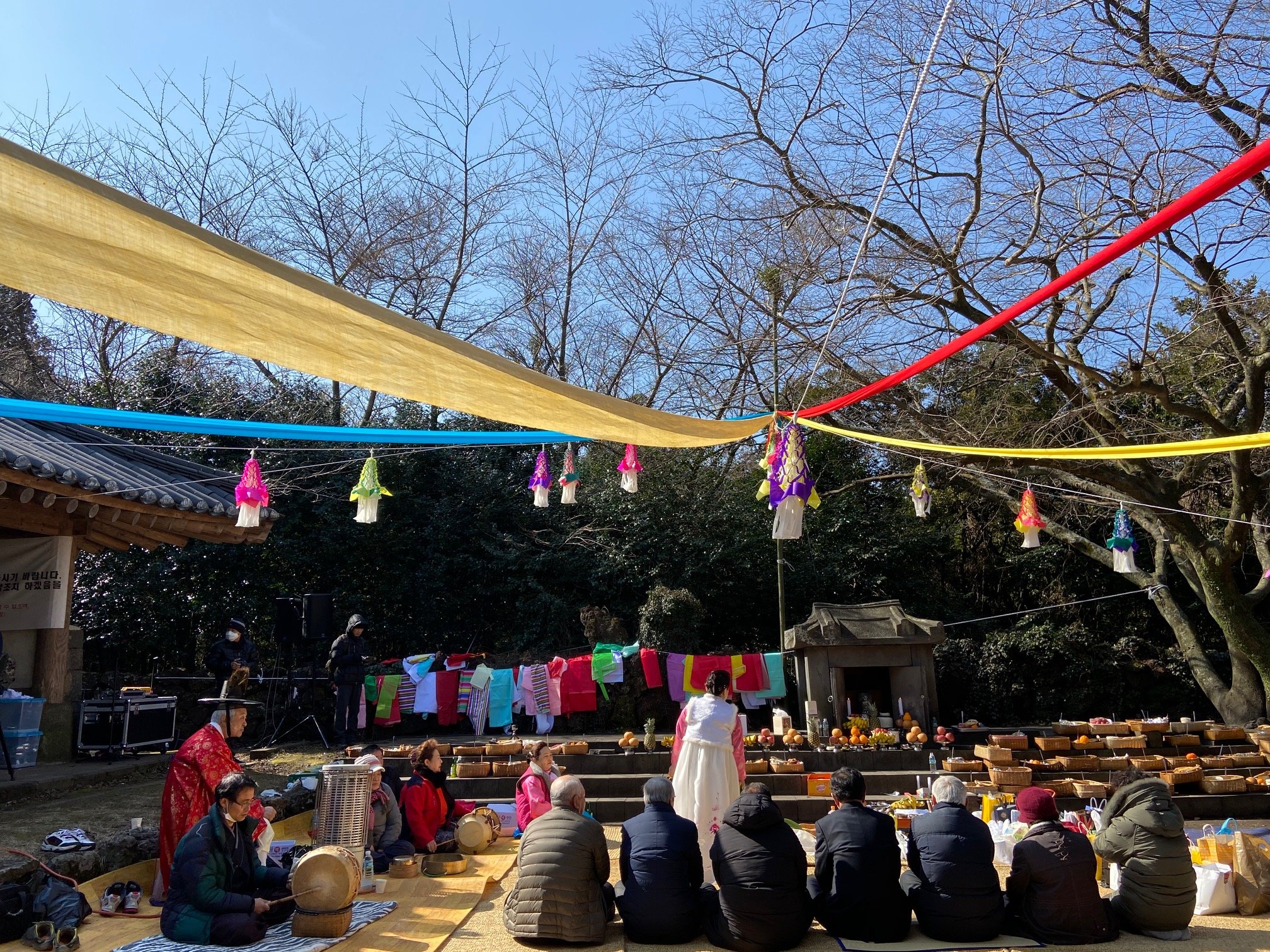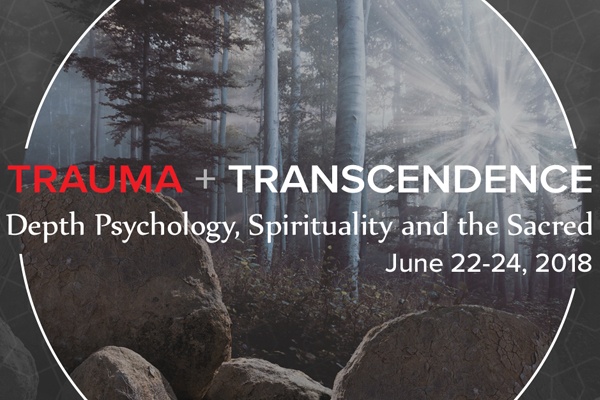Connie Zweig, Ph.D., an alumna of Pacifica, well-known for her books on the Shadow, has just published The Inner Work of Age: Shifting from Role to Soul. She will be hosting Pacifica’s symposium on The Inner Work of Age: Shifting from Role to Soul, November 12-14, 2021.
You can find information and registration here.
Angela: I’m delighted to be speaking with you today, Connie. You’re a published author with several books to your credit, among then, Meeting the Shadow and Romancing the Shadow, and Meeting the Shadow of Spirituality. From this, I take it that the shadow is central to your work. People often refer to “shadow work” as examining those parts of ourselves that we aren’t comfortable with or wish to hide. What is the shadow to you, and how does it relate to Depth Psychology?
Connie: Carl Jung coined the term “shadow” to refer to our personal unconscious. One of his many gifts was the insight that anything at all can be repressed into the shadow. For Freud, there was only dark or negative material in the unconscious. But for Jung, anything could be banished into the shadow, including our early aptitudes and gifts. So, the shadow is like a darkroom that contains our dormant images, thoughts, and fantasies. Shadow work is the process that brings them back to life. And we know now that the mind and body are functionally identical, so the shadow is not some corner in the mind that we can’t see. The shadow material is in our cells, our muscles, nerves. That shapes our responses to life, and it colors our experiences of our circumstances at every moment.
Read More

.jpg)
.png)









